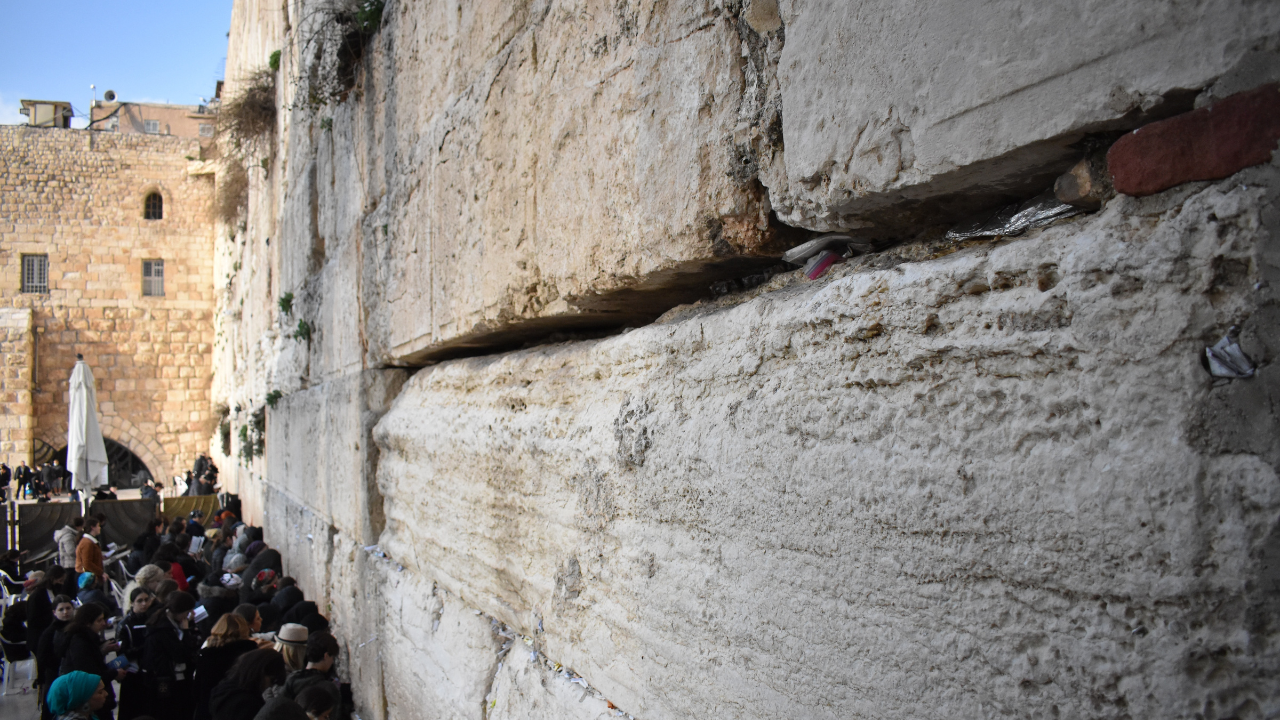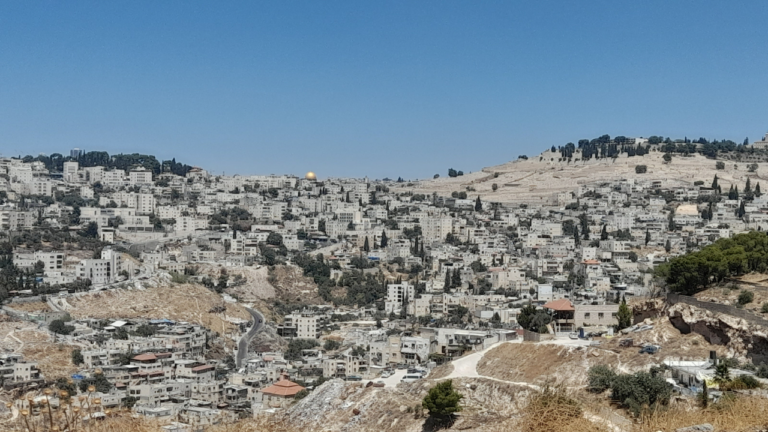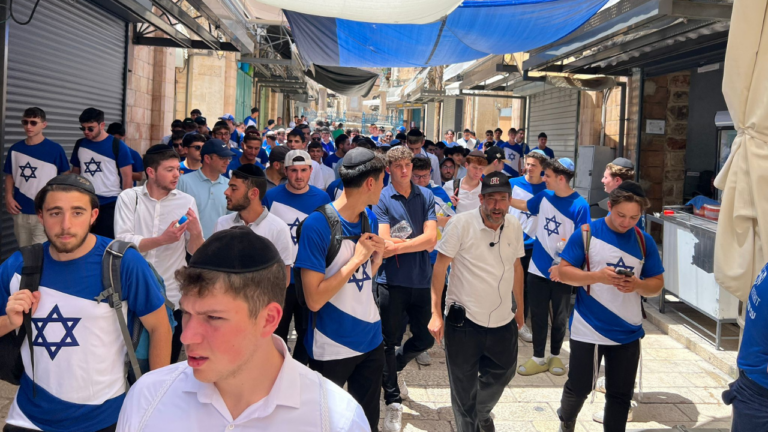Ornan’s Threshing Floor: The Purchase of an Exclusive Relationship
Our parsha opens with the account of Avraham Avinu’s purchase of a burial plot for Sarah Immeinu. Seeking to bury Sarah in the famed ma’aras hamachpeila, Avraham requests to purchase the cave from Ephron “b’kesef maleh (for full price)”. Initially, Ephron offers the field free of charge. But Avraham demurs, insisting “kesef hasadeh kach mimeni”, the money of the field take from me. Ephron finally relents and charges Avraham a hefty sum of four hundred shekel of silver.
This narrative is reminiscent of another essential land purchase made by one of our forefathers. When David HaMelekh sins by conducting an inappropriate census of Bnei Yisrael, he seeks to stop the ensuing plague by bringing sacrifices to God over the threshing floor of Ornan the Yevusi in Jerusalem (Divrei HaYamim 1, chapter 21). David asks Ornan to sell him the land, “b’kesef maleh”. When Ornan offers David the field for free, the king refuses and insists that it must be purchased for its full price. David pays six hundred gold coins and erects an altar, achieving atonement for Klal Yisrael and ending the plague. As is clear from Divrei HaYamim, the threshing floor of Ornan was actually the place of the future temple that David’s son Shlomo would build.
These purchases bear far more significance than initially meets the eye. The Gemara Kiddushin (2a) uses the verse describing Avraham’s purchase of the ma’aras hamachpeila as the source for kiddushin, halachik marriage, being effectuated through kesef, money. In the same way that Avraham acquired the field of Ephron through kesef, so too a woman can be “acquired” in marriage through kesef. At first glance, this Gemara doesn’t seem to be the most flattering source for marriage, arguably one of the most sanctified institutions in Judaism. How can we compare kiddushin to a real estate transaction? Rav Avraham Yitzchak Kook tz’l would explain that Chazal do not compare marriage to purchasing land; they compare marriage to purchasing Eretz Yisrael.
The Jewish people’s relationship with Eretz Yisrael is like a marriage. Our union is an exclusive one. The land only bears its bountiful harvest and beauty when she is inhabited by her destined soul mate, Bnei Yisrael. When the Jewish people betray Hashem and do not live up to the sublime standards demanded by our relationship with Eretz Yisrael, she rejects us and casts us away. But she always did and will remain loyal to us, faithfully awaiting our return and rejecting all other suitors who attempt to settle her.
It is not a coincidence that the sanctified relationship of ishut (marriage) and our initial connection to Eretz Yisrael start with a kinyan of kesef. Avraham Avinu was creating the first connection between his progeny and their destined homeland. He intuitively understood that the field could not be accepted for free. Our unique and exclusive relationship with Eretz Yisrael could not stem from a handout. The other nations of the world have no right to Eretz Yisrael, much like an acquired item is exclusively in the possession of its owner. David HaMelekh also understood that the Jewish people’s initial relationship with Jerusalem must also be b’kesef maleh, an exclusive relationship created through a clear, well-earned acquisition. We are married to Jerusalem, and she will never be subservient to any other suitor attempting to win over her loyalty.
The Midrash tells us that Avraham Avinu warned his other children to stay away from Yitzchak and his inheritance of Eretz Yisrael, lest they be burned by the fiery coals of Yitzchak (Bereishit Rabbah 61:7). When Yishamel tries placing himself in between Yitzchak’s descendants and Jerusalem, he will be singed by the spiritual fire that binds us to the holy city. Our marriage to Jerusalem and Eretz Yisrael is eternal.



